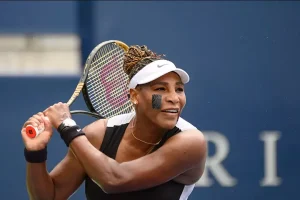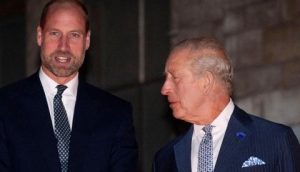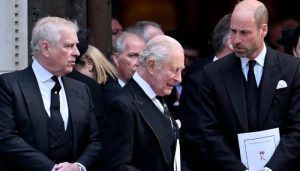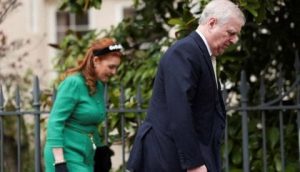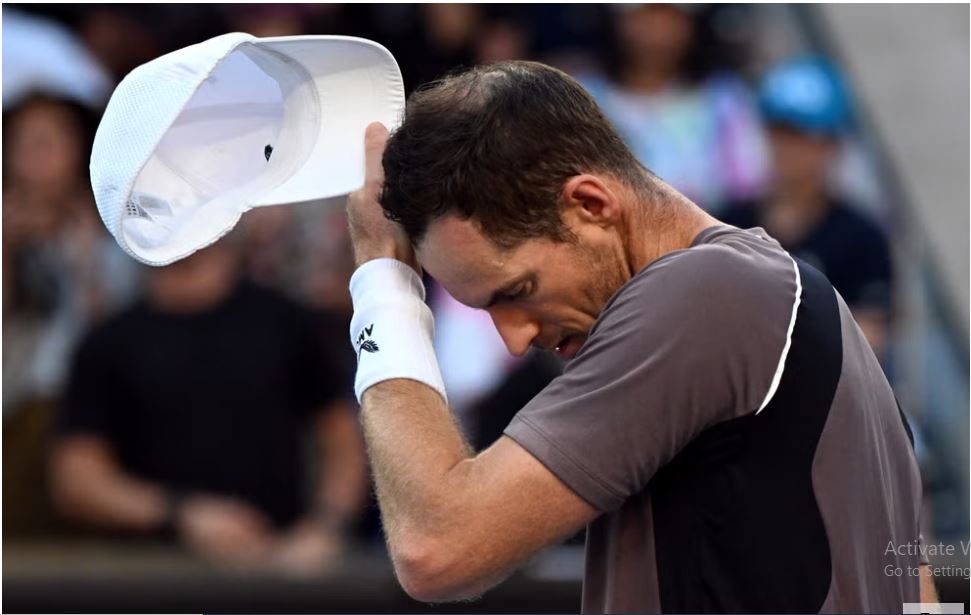
Murray questioned his future after his first-round defeat (Reuters)
The 36-year-old admitted he could have played at the Australian Open for the last time after a demoralising straight-sets defeat to Tomas Martin Etcheverry
Andy Murray had seen “the end” before at the Australian Open. In 2019, it was thought he was waving goodbye after a five-set defeat to Roberto Bautista Agut – until the decision to undergo hip resurfacing surgery allowed the three-time grand slam champion to embark on this final stage of his career. And so the tribute video played then on the big screen at the Rod Laver Arena did not mark his retirement. Perhaps the file is still somewhere in Melbourne Park.
Five years later, it could be needed again, with Murray closer to the end now than he has been at any point since returning to the sport following a demoralising straight-sets defeat to Tomas Martin Etcheverry in the opening round. If Murray’s performance painted a bleak picture of how far away the 36-year-old is from challenging at the top of the sport, his words revealed an even starker truth: Murray was subdued and “flat” – and he did not know why.
With the fight gone from Murray’s game, there was not much left to trouble Etcheverry, and the 30th seed cruised to victory without any danger of facing another Murray comeback. Last year, it was Murray’s heart that powered his metal hip and weary body to two of the greatest wins of this post-surgery phase of his career, when he stunned Matteo Berrettini and then fought from two sets down to defeat Thanasi Kokkinakis.
But Etcheverry’s dominance stripped Murray of what has been his greatest weapon – his spirit and resolve. If Murray’s miracle escape against Kokkinakis 12 months ago was the peak of his career twilight, the manner of his defeat to Etcheverry was perhaps the lowest point of his return from injury, at least at the grand slams. Murray was emotional when he waved goodbye to the crowd and later confirmed there is a “definite possibility” it was his last appearance at a tournament where he is a five-time finalist. If that is the case, the 2024 season would be his last as well.
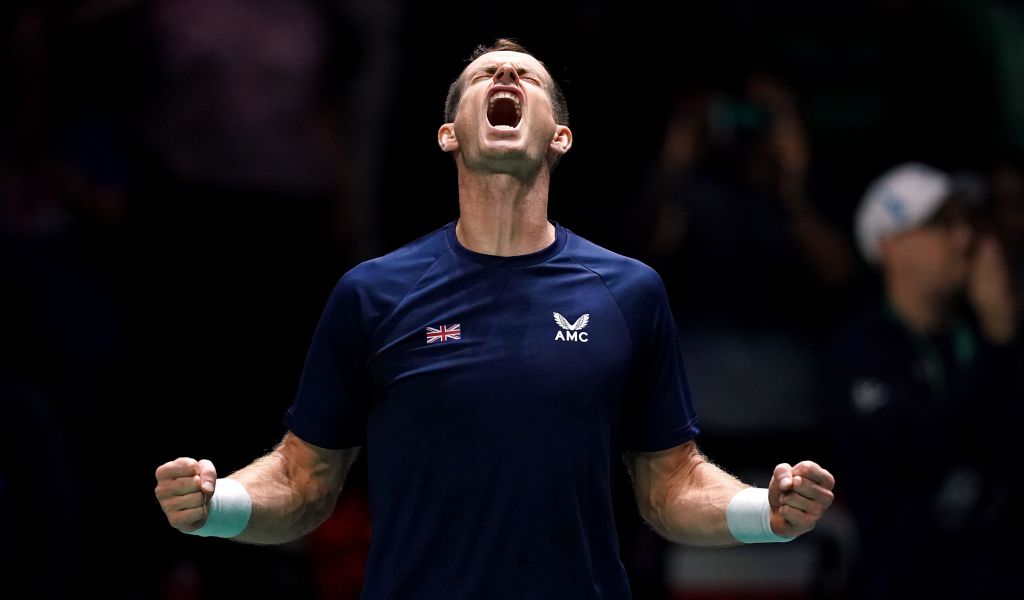
Yet such an admission came after Murray entered the year speaking confidently about the changes he had made to his game. Following a difficult end to last season, he said was happy with how he arrived at the Australian Open. But Murray was stunned by his performance against Etcheverry, not on a technical level, but in terms of emotion. He found he could not roar to the crowd or use them to spur a response and spark the usual fire from within. “A bizarre feeling,” he said.
While the feeling was new, the result continued a pattern. Despite encouraging signs at last season’s Australian Open and Wimbledon, the second half of Murray’s year was marked by his final-set collapses to Alex De Minaur in Paris and Beijing. Over the off-season, Murray put in the work to add power to his serve in an effort to win more free points and shorten his matches. Yet it was ineffective against Etcheverry: his forehand and backhand breaking down across the second and third sets that were riddled with errors and dominated by the Argentine.
Murray had also worked to control his emotions. He wondered afterwards if he had lost sight of the balance, citing Novak Djokovic as an example of how to channel anger and frustration into focus and questioning whether he had gone too far in the other direction. Yet the most alarming aspect of Murray’s defeat was the sense that, by the end, he had already accepted his fate. “When you’re one point away from the end, you’re like, I can’t believe this is over so quickly, and like this,” he said. “In comparison to the matches that I played here last year, it’s the complete opposite feeling walking off the court. A tough, tough way to finish.”
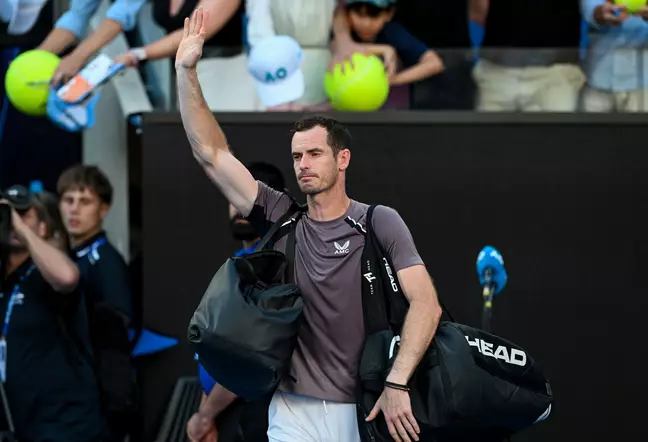
Andy Murray has an idea in his head on when he would like his career to finish and it is a decision he will discuss with his family and team. Ultimately, it is a choice that rests on his body and metal hip continuing to hold, but also on the enjoyment he receives from the sport. And while it is one thing enjoying the grind of training and practice, it is another when the results of that time and effort cannot be replicated when it counts. He believes it will come but time is running out and the evidence is hard to overlook. “When you have performances like today, or a batch of results over a period of time like I have done, it’s tough to keep believing in that,” he said.
If the Australian Open does not host Murray again, its tribute video would of course need a significant update: not in the addition of titles won or records set, but in the inclusion of a comeback that defied what was possible and yet encapsulated his career. It would finish with Murray at the Australian Open last January, roaring into the night after defeating Kokkinakis at 4am: a picture of defiance. Twelve months on, without that emotion, he was left to consider the reality that another miracle has never felt so far away.
